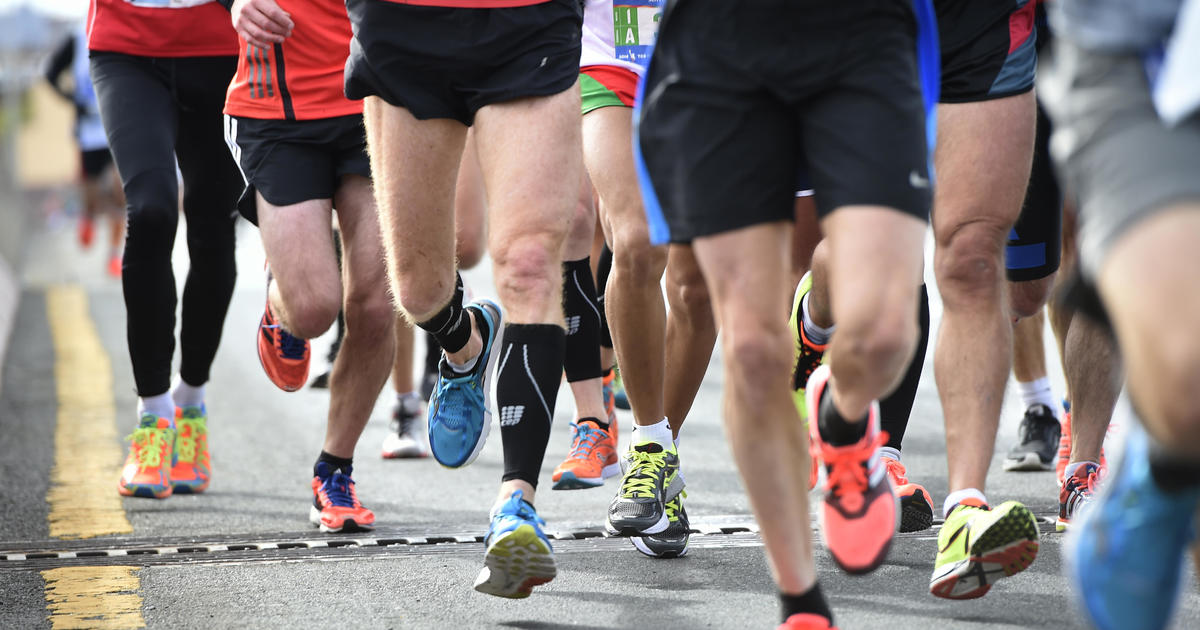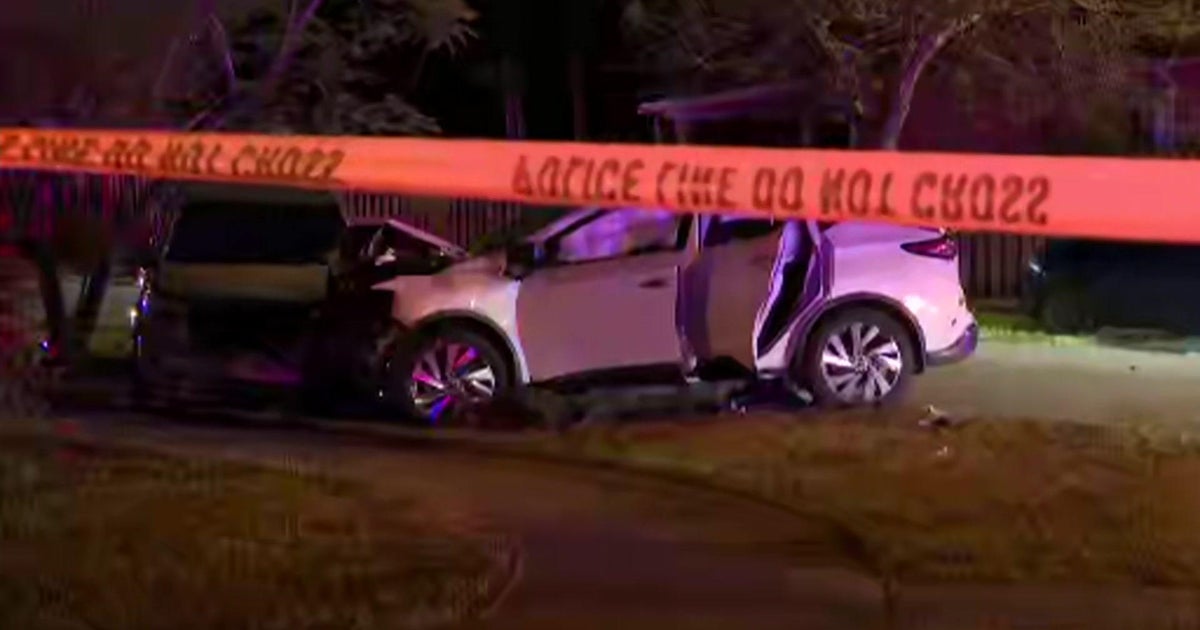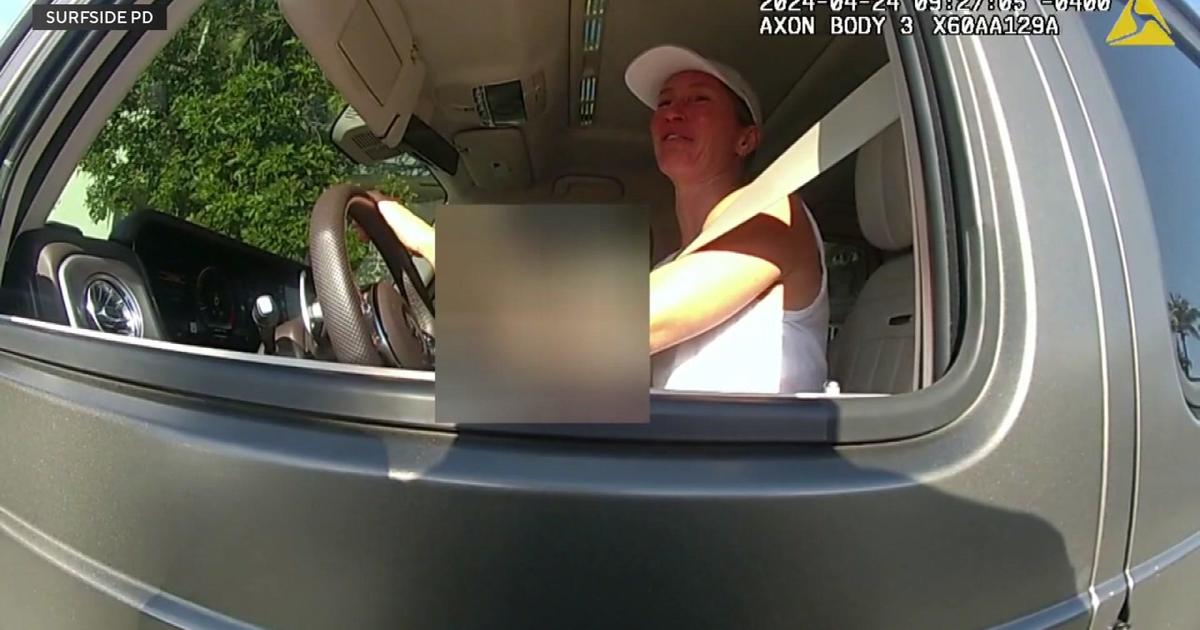CBS4 Exclusive: Florida DOT Performing Pilot Project To Prevent Wrong Way Crashes
CORAL SPRINGS (CBSMiami) - Preventing wrong way crashes on Florida's highways is the focus of a pilot program already underway along an 18-mile stretch of the turnpike in Miami-Dade.
The families of two women killed in a wrong way wreck in Coral Springs last November hope it's just the beginning.
Gary Catronio showed CBS 4 News a flashing, LED wrong way sign that will be part of the pilot project. His daughter, Marisa and her friend Kaitlyn Ferrante were killed in a wrong way wreck on the Sawgrass Expressway. The Florida Highway Patrol suspects Kayla Mendoza was driving drunk when she caused the crash. No charges have been filed in the crash.
"I think if the devices were in place it could have made a big difference on that night," Catronio told CBS 4 News Carey Codd. "Our intention is to get these signs across the state on problematic entrance ways first."
Catronio said the sign was provided to his organization, Marisa's Way, by TAPCO, the Wisconsin company that makes it. The company focuses on traffic problems including reducing the number of wrong way crashes and the signs have been used during another pilot project in San Antonio, Texas.
A spokesperson for the Florida Turnpike, Chad Huff, says the agency plans to use TAPCO's signs during an already scheduled pilot project on a stretch of the Homestead Extension of the Turnpike in Miami-Dade. The program will also use a radar device made by Wavetronix, which is expected to detect wrong way drivers and notify law enforcement. The project should be completed by the end of the summer.
Huff also said there were 6 wrong way crashes and an additional 6 wrong way drivers on that stretch of the Turnpike over the past 3 years. He also said that representatives from the Turnpike recently met with the Catronio and Ferrante families to hear their concerns and suggestions.
Catronio believes a flashing wrong way sign will make our highways safer.
"Having the brightness of the LED's flashing, to hopefully potentially have someone slow down, realize something's wrong, turn about and head back out the right way," he said.
Experts say impaired drivers may not slow down or change course no matter how many signs or devices are posted but Catronio says they can't hurt.
"If we can save a life and not have a family go through what we went through, Marisa's Way has made a difference," Catronio said.
Catronio is continuing his push for enhanced safety efforts to prevent wrong way crashes. He is taking the sign and his story to Tallahassee next month to speak at Safety Week and meet with legislators.


